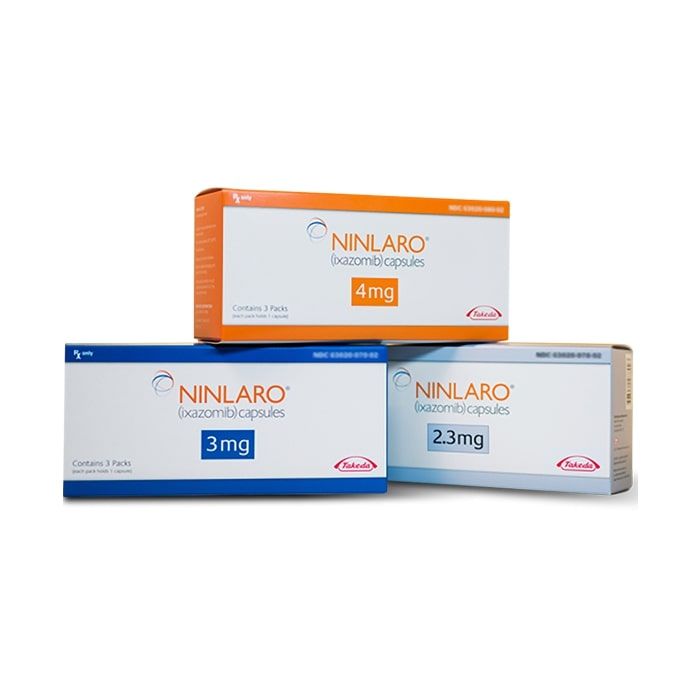Merkel Cell Carcinoma (MCC) is a rare and aggressive form of skin cancer that has seen a significant rise in incidence over recent years. This increase underscores the urgent need for innovative treatment strategies that can effectively combat this challenging disease. Neoadjuvant immunotherapy, a pre-surgical treatment, has emerged as a promising approach, potentially revolutionizing the management of MCC by improving patient outcomes before surgical intervention.
Understanding Merkel Cell Carcinoma
MCC is a neuroendocrine carcinoma that is less common than other skin cancers but is particularly aggressive, especially when lymph nodes are involved. The prognosis for MCC can be grim, with traditional treatment options lagging behind those available for other, more common malignancies like melanoma.
The Shift in Treatment Paradigms
Historically, the primary treatment for MCC involved surgery followed by adjuvant radiation. However, the landscape is shifting towards integrating neoadjuvant immunotherapy, which is administered before the surgical removal of tumors. This shift is partly influenced by the success seen in melanoma treatments, where preoperative immunotherapeutic approaches have significantly improved patient outcomes.
Breakthroughs from Clinical Trials
The CheckMate 358 trial has been a cornerstone in illustrating the efficacy of neoadjuvant immunotherapy, specifically with the use of nivolumab (nivo). This trial showed a nearly 60% rate of complete or partial pathologic response, highlighting the potential of immunotherapy to transform the treatment landscape for MCC.
Insights from Retrospective Studies
A comprehensive retrospective analysis using the National Cancer Database (NCDB) focused on patients with clinically evident regional lymph nodes who underwent primary tumor resection. This study underscored that patients receiving neoadjuvant immunotherapy tended to be healthier, with fewer comorbidities, suggesting a selection bias towards those more likely to benefit from such treatments.
Comparative and Matched Analysis Outcomes
Further analysis revealed that patients treated with neoadjuvant immunotherapy not only showed fewer comorbidities but also experienced significantly improved overall survival rates. Specifically, the five-year overall survival rate was 57% for the neoadjuvant group compared to 44% for those who did not receive this treatment. These findings are crucial as they highlight the real-world effectiveness of neoadjuvant immunotherapy in improving survival outcomes for MCC patients.
The Future of Neoadjuvant Immunotherapy in MCC
The promising results from recent studies and trials suggest a shift towards more widespread adoption of neoadjuvant immunotherapy in the treatment of MCC. As the medical community continues to explore and validate these findings, it is crucial for healthcare providers to stay informed about the evolving treatment landscape. The integration of neoadjuvant immunotherapy into treatment paradigms for MCC appears promising, offering new hope for improved patient outcomes.
Conclusion
The advancements in neoadjuvant immunotherapy for Merkel cell carcinoma represent a significant step forward in the treatment of this aggressive skin cancer. With improved overall survival rates and the potential to enhance the effectiveness of subsequent surgical interventions, neoadjuvant immunotherapy is setting a new standard in the management of MCC. As research progresses, this treatment modality is expected to play an increasingly vital role, providing a beacon of hope for patients afflicted with this challenging disease.
For further reading on MCC and its treatments, reputable sources such as the National Cancer Institute and PubMed provide valuable information.









